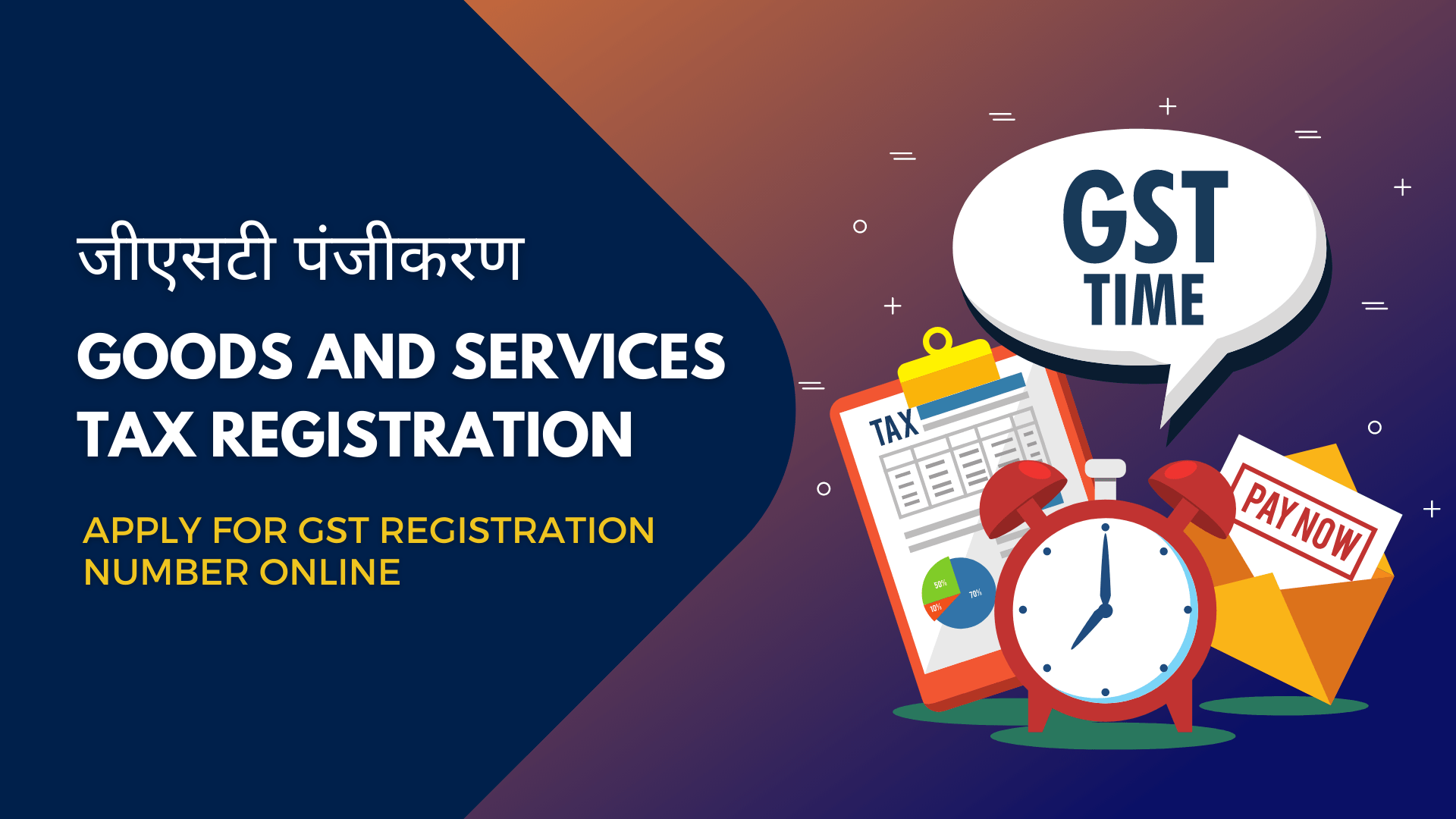Choosing CFO Account & Services for GST Registration in Singapore: What You Required to Know
Choosing CFO Account & Services for GST Registration in Singapore: What You Required to Know
Blog Article
Navigating the Intricacies of GST Enrollment: A Comprehensive Guide for Entrpreneurs
Navigating the intricacies of GST registration can be a difficult task for several local business owner, as it entails a myriad of rules, policies, and processes that have to be abided by. With the ever-evolving landscape of tax regulations, making sure compliance and recognizing the complexities of GST enrollment is vital for the smooth procedure of any organization. From figuring out eligibility and gathering the necessary paperwork to optimizing operations for optimal effectiveness, this comprehensive overview intends to offer business owners with the expertise and tools required to browse the intricacies of GST registration efficiently.
Eligibility for GST Registration
Entrepreneur have to meet particular criteria to establish their eligibility for GST registration. In basic, organizations with an annual turnover going beyond a certain threshold are needed to register for Product and Provider Tax (GST) This threshold varies by nation, yet it is important for business owners to remain informed about the particular guidelines in their territory. In addition, businesses associated with interstate materials, shopping, or the stipulation of certain defined products and solutions might additionally be mandated to sign up for GST, despite their turnover.
Furthermore, companies that are signed up under any previous tax obligation regime, such as barrel or solution tax, are normally needed to transition to GST enrollment. Comprehending these requirements is vital for local business owner to guarantee compliance with the law and stay clear of any kind of charges or legal issues. It is advisable for business owners to speak with tax professionals or lawful consultants to analyze their qualification for GST registration accurately. By sticking to the needed requirements, businesses can efficiently navigate the intricacies of GST enrollment and run lawfully within the tax obligation structure.
Documents Needed for Registration
To complete the GST registration process, companies need to collect and send a detailed collection of papers. The vital records needed for GST enrollment typically include proof of service enrollment or incorporation such as the Certification of Incorporation, collaboration action, or any other registration certificate.
In addition, specific documents connected to the nature of business, such as a list of solutions or items provided, HSN codes for products, and SAC codes for solutions, may be required - Why choose CFO Account & Services for GST registration in Singapore. It is crucial for businesses to ensure that all records sent are precise, up-to-date, and in the prescribed layout to prevent any type of delays or complications in the GST enrollment procedure
Process of GST Enrollment
Having constructed the requisite documentation, organizations proceed to launch the GST enrollment process by engaging with the online website designated for registration. This on-line website is the Product and Provider Tax Network (GSTN) site, which serves as the key platform for all GST-related tasks in India. Upon accessing the portal, services are required to complete the GST enrollment type with precise details concerning their company tasks, turnover, and other pertinent information.
Once the form is completed and submitted on the website, the GSTN confirms the information given by the company. Complying with effective confirmation, a GST enrollment certification is provided to the service entity.
It is essential for businesses to guarantee that the information offered throughout the GST enrollment process is precise and as more tips here much as date to avoid any potential issues or hold-ups in getting the GST enrollment certification.
Recognizing GST Conformity

Companies require to web link be mindful of the numerous GST conformity needs based upon their turnover, nature of goods or services, and the states in which they operate. It is important to stay updated on any changes in GST regulations and laws to stop any kind of non-compliance problems.
Non-compliance with GST policies can result in hefty penalties, penalties, and also legal consequences. Therefore, organizations need to invest time and sources in informing themselves and their staff on GST conformity. Seeking specialist support from tax obligation consultants or specialists can additionally assist in navigating the intricacies of GST compliance and ensuring that organizations operate within the lawful framework.

Tips for Optimizing Company Operations
For improved performance and productivity in business operations, strategic planning and structured procedures are vital components. One pointer for enhancing company operations is to take advantage of modern technology effectively.
An additional vital element is focusing on jobs based upon their significance and due dates. By developing a clear power structure of jobs and establishing realistic timelines, companies can guarantee that essential tasks are finished on schedule. Moreover, cultivating a culture of open communication and partnership among group participants can bring about increased efficiency and development.

Verdict
In verdict, browsing the intricacies of GST enrollment needs a clear understanding of eligibility standards, essential documents, enrollment processes, and compliance requirements. By sticking to these standards and enhancing business procedures, websites local business owner can ensure smooth procedures and compliance with the GST guidelines. It is essential for organizations to stay enlightened and updated on GST guidelines to stay clear of any kind of fines or legal concerns.
The vital records needed for GST registration commonly include evidence of company registration or consolidation such as the Certificate of Incorporation, collaboration deed, or any kind of other registration certificate.Having actually constructed the requisite paperwork, companies proceed to start the GST registration procedure by engaging with the on the internet portal marked for registration. Upon accessing the site, services are required to fill up out the GST enrollment type with accurate information regarding their service tasks, turn over, and various other relevant information.
In order to preserve adherence to GST regulations and stay clear of charges, services should focus on recognizing GST conformity. By adhering to these guidelines and maximizing service procedures, organization owners can ensure smooth operations and compliance with the GST regulations.
Report this page